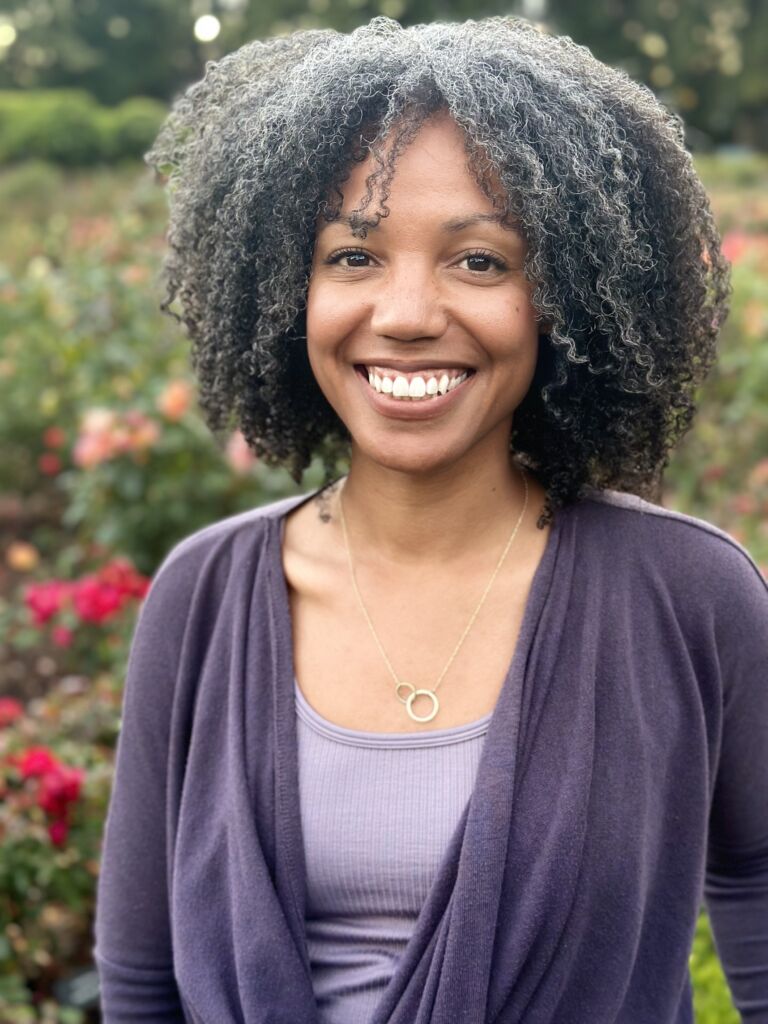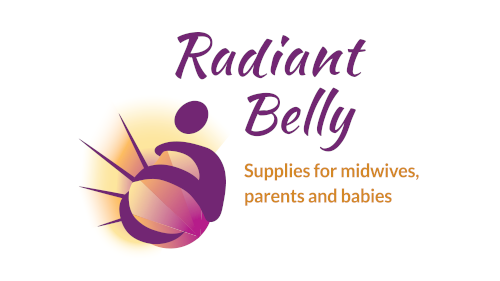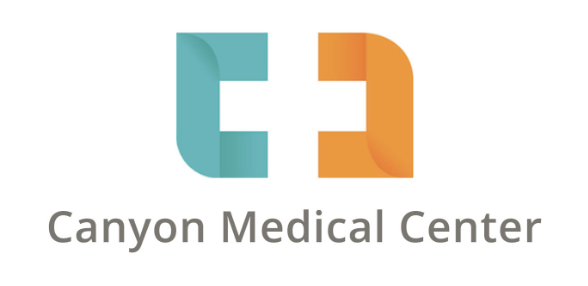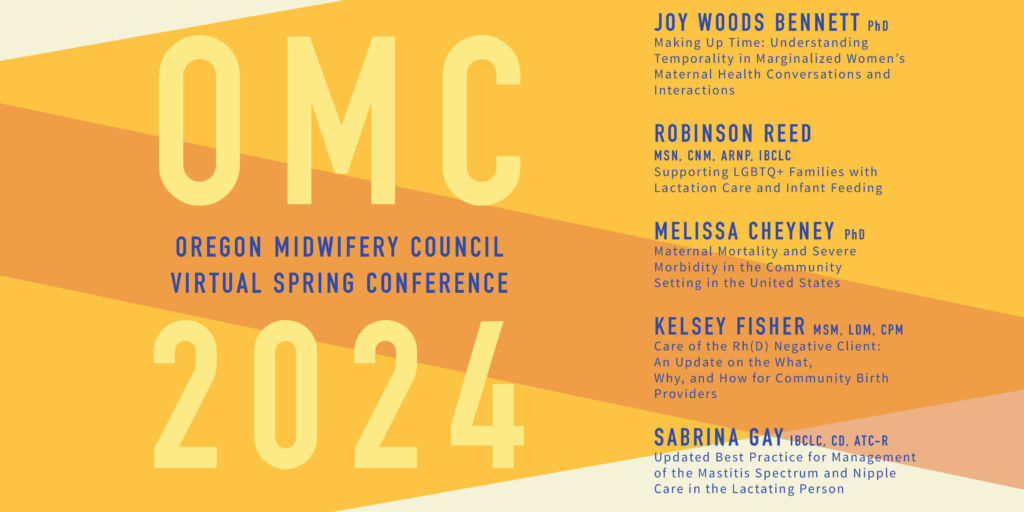
Our annual spring conference is an opportunity for learning that supports you and your clients, is our biggest fundraiser of the year, and is a chance to see the faces of old friends and new members of our community.
This year’s conference will again be online via zoom (but see below for in-person option). The conference will be held on Friday March 1st, from 8:30am to 4:00pm PST. We encourage everyone to attend in real time in order to access live question and answer periods; however, recordings will be available after the conference to those who have registered.
NEW THIS YEAR: The option to purchase a ticket to attend the live watch party in Portland, OR!
***Choose this add-on when you buy your ticket*** The watch party will be held at the Portland Playhouse and will feature free bodywork mini-sessions, pastries and coffee, a potluck lunch, in-person-only raffle prizes, birthy items available for purchase, and IN PERSON CONNECTION! Spots are limited; don’t miss this opportunity to connect in person!
CEs are included with your registration. We will be awarding CEs from various accrediting organizations. MEAC, ACNM, Naturopathic, and OMC CEs have been applied for and are pending.
Students receive a 50% discount.
BIPOC birth workers: sliding scale starting at $20.
Making Up Time: Understanding temporality in marginalized women’s maternal health conversations and interactions
Joy Woods Bennett PhD
Joy M. Woods Bennett (she/her) is a Health Communication scholar who specializes in health equity messages and campaigns. She has more than 8 years of experience in education and health program design and evaluation, and research gained through various roles throughout her professional and academic career. Joy holds a doctorate in Communication Studies with an emphasis in Health Communication; a masters in Sociology of Education; and a bachelor of science in political science. Before pursuing her doctorate at the University of Texas at Austin, Joy worked as a NCAA diversity Intern with the Big Ten Conference at the University of Iowa in their Student-Athlete Academic Services. In this role, she designed programing for incoming freshmen and mentored student athletes throughout their tenure at the university. Also, as a research assistant for the Iowa Institute of Public Health Research and Policy, she conducted statewide interviews with key stakeholders regarding public health data that was provided by the public health department. During her doctoral program she was a graduate research assistant on projects with Dell Medical School, Moody College of Communication, Center for Health Communication, as well as her own personal research projects. Joy is passionate about improving health outcomes for Black women across the country and is a vocal advocate for mental, reproductive, and maternal health. She is a proud member of Alpha Kappa Alpha Sorority, Inc. and enjoys reading and spending time outside with her two dogs when she is not working. (or you can find her binging Living Single for the 100th time)
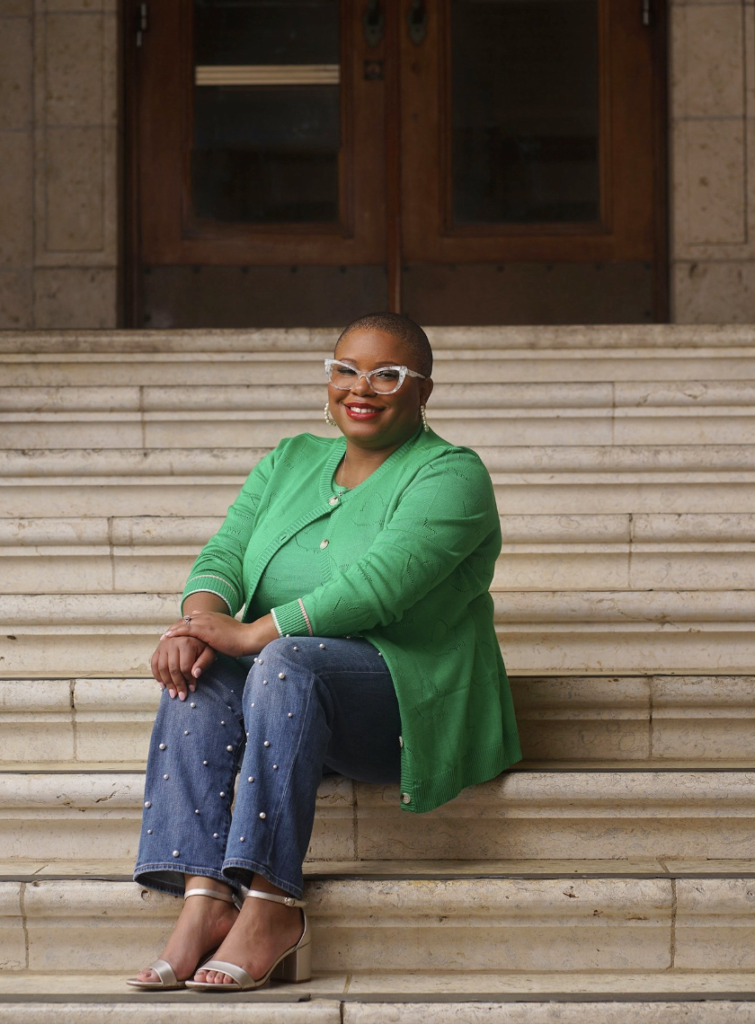
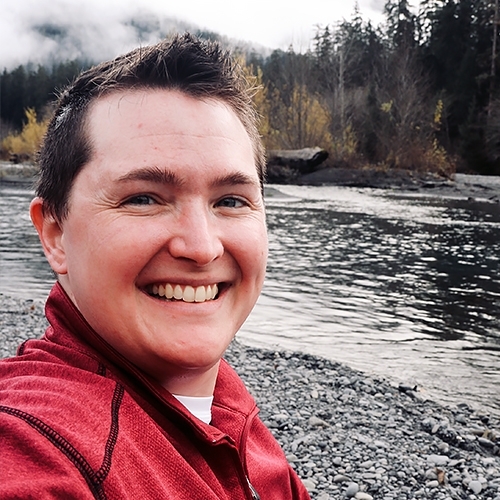
Supporting LGBTQ+ Families with Lactation Care and Infant Feeding
Robinson Reed MSN, CNM, ARNP, IBCLC
This presentation will cover best practices for providing lactation care and counseling on newborn feeding options to LBTQ+ families, with a focus on trauma-informed care and the importance of using inclusive language. We will review the process of inducing lactation and how it is similar and different in cisgender women, nonbinary individuals, and transgender people, including a review of the available literature and the presenter’s clinical experience with transgender women inducing lactation. The presentation will explore infant feeding options and encourage participants to examine their individual feelings and biases around the way they counsel families with regards to infant nutrition and the ways in which LGBTQ+ parents’ needs may differ. We will conclude with a discussion of gender dysphoria and its possible effects on transgender and nonbinary individuals in pregnancy and lactation and an exploration of ways to manage dysphoria if it arises.
Robinson (Rob) Reed (they/them) is a certified nurse midwife and international board certified lactation consultant from Seattle, WA. As a queer and nonbinary healthcare provider, Rob is passionate about providing sex-positive, gender-affirming, trauma-informed care to their patients. Rob draws from over a decade of mindfulness practice to integrate compassion and intentional presence with the busyness of clinical practice. In addition to precepting midwifery students, Rob offers mentorship to queer and trans students and residents and consults with hospital maternity units on issues around gender inclusivity in sexual and reproductive healthcare and lactation care. Outside of work, Rob enjoys spending time on their little urban permaculture farm, tending to their orchard, garden, flowers, ducks, and quail.
Maternal Mortality and Severe Morbidity (MMSM) in the Community Setting in the United States
Melissa Cheyney, PhD
In this presentation, Dr. Cheyney begins by describing social contexts and historical trends in maternal mortality and severe maternal morbidity (MMSM) over the last 20 years in the US and globally with a focus on the impacts of structural racism and other forms of inequality on MMSM rates within diverse communities in the United States and beyond. Then, using data from the MANA Stats database (2004-2018), she describes outcomes from an analysis of maternal outcomes for midwife-attended births in the community setting. Rates of severe
hemorrhage, maternal hospitalization, severe lacerations, uterine rupture, and any other condition where the midwife deemed the birthing person was not in “good health” at the final postpartum visit will be described in the aggregate with case studies to illustrate. Case studies of maternal mortality are also reviewed. This presentation concludes with a discussion of clinical implications for improving perinatal care and reducing rates of MMSM in the United States across all birth settings.
Melissa (Missy) Cheyney PhD (she/her), is Professor of Clinical Medical Anthropology at Oregon State University (OSU) and a Community Midwife attending home and birth center births. She is Co-Director of Uplift—a research and reproductive equity laboratory at OSU, where she serves as the Primary Investigator on more than 20 maternal and infant health-related research projects, including the Community Doula Project. She is the author of an ethnography entitled Born at Home (2010, Wadsworth Press) and co-editor of Birth in Eight Cultures (2019, Waveland Press). She has published extensively on the cultural beliefs and clinical outcomes associated with midwife- attended birth at home and in birth centers in the United States. Dr. Cheyney is the Editor-in-Chief of the journal Birth: Issues in Perinatal Care and the chair of the Human Research Protection Program’s Institutional Review Board at OSU. In 2019, Dr. Cheyney served on the National Academies of Science, Engineering and Medicine’s Birth Settings in America Study and in 2020 was named Eminent Professor by OSUs Honors College. She also received Oregon State University’s prestigious Scholarship Impact Award for her work in the International Reproductive Health Laboratory and with the Midwives Alliance of North America (MANA) Statistics Project.
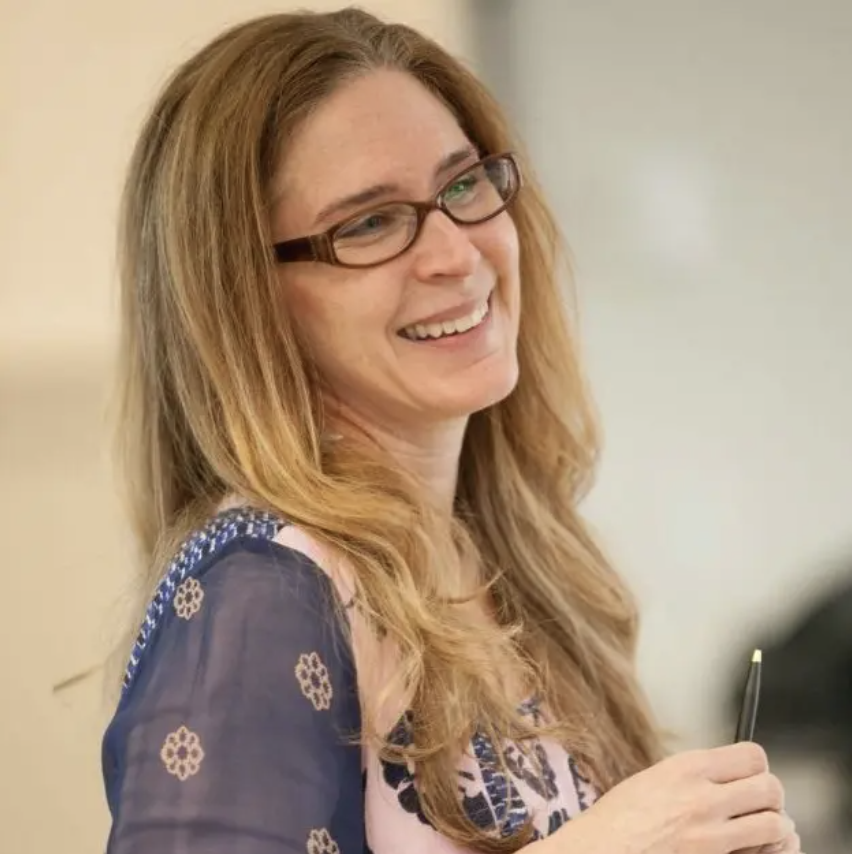
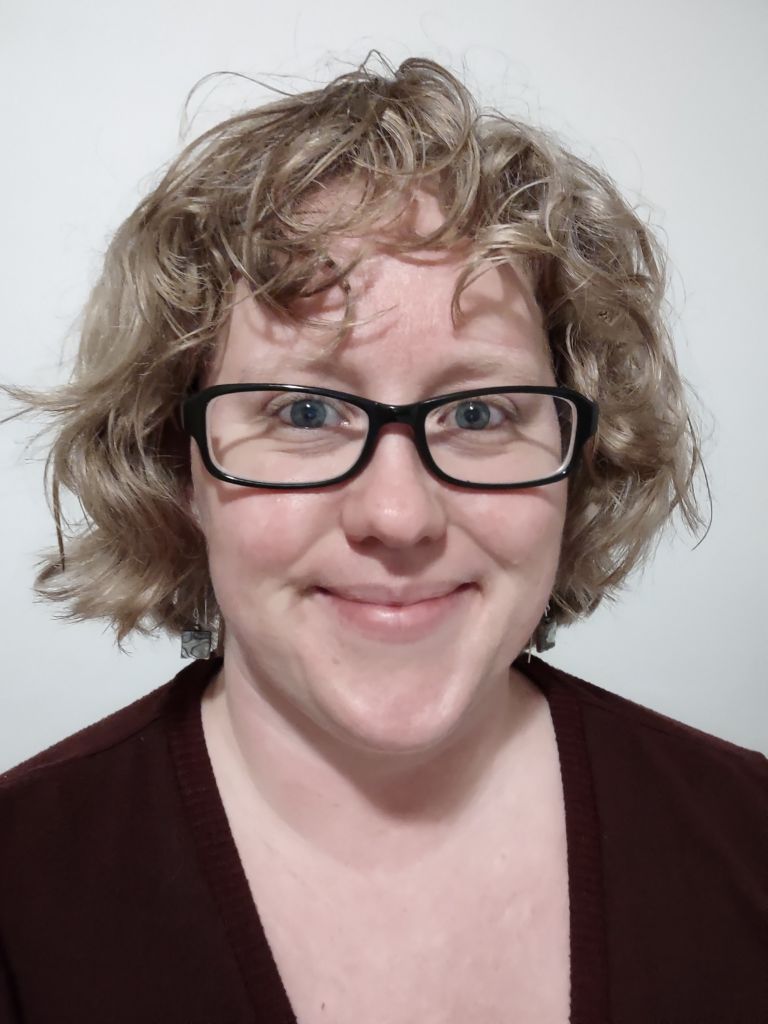
Care of the Rh(D) Negative Client: An update on the what, why, and how for community birth providers
Kelsey Fisher MSM, LDM, CPM
Kelsey (they/them) has always wanted to know why and how things work with a focus on making the world a better place. After graduating high school Valedictorian, this passion landed them at Oregon State University, studying Chemical Engineering for a few years until midwifery came as a calling. Since graduating from Bastyr University with a Masters of Science in Midwifery in 2014, Kelsey has continued to be interested in the research and science of midwifery as well as the art of sitting on your hands as much as possible at a birth. They are newly appointed as adjunct faculty at Bastyr. They previously served as Chair of the Board of Direct Entry Midwifery (Oregon’s licensing board) Secretary of the Oregon Midwifery Council (the professional organization), and President of Oregon Midwifery Foundation (a non-profit organization that supports access to community birth). Kelsey has a love of placentas and interesting research on myriad topics. They may or may not still be considering a PhD in Epidemiology to participate in research instead of reading and applying it in their own practice.
Updated Best Practice for Management of the Mastitis Spectrum and Nipple Care in the Lactating Person
Sabrina Gay, IBCLC, CD, ATC-R
Common standards of practice for the management and treatment of mastitis and nipple pain were not previously in line with evidence-based tissue healing. Management for mastitis included: excessive feeding/pumping, breast massage, heat treatment and antibiotics. Often times these practices led to prolonged pain, increased breast congestion, breast infection, over prescription of antibiotics and sometimes even breast abscesses. In 2022, the Academy of Breastfeeding Medicine released new guidelines on management of mastitis that were more evidence based and in line with normal physiologic healing. In this lecture we will review the mastitis spectrum, discuss the changes in management of symptoms, and explore educating clients on best practice for mastitis management and nipple tissue healing.
Sabrina Gay (she/her) is a board-certified lactation consultant and certified birth doula practicing in private practice and contracting with a postpartum care collective in the Portland area. Before pursuing her current path, Sabrina enjoyed a 13 year career in Sports Medicine as a board-certified athletic trainer. This background in hands on clinical skills, knowledge of physiologic injury and healing has been a great foundation assisting her in aiding breastfeeding families. Sabrina began her passage into the lactation world after the birth of her first son. Struggles with feeding him took her to her local La Leche League meeting where the information and support she received was paramount in protecting her breastfeeding journey. Soon after she would become an accredited La Leche League leader serving the breastfeeding communities of Utah, Idaho, Eastern Washington, and now Oregon. After nearly a decade of volunteer work and the racial reckoning of 2020, Sabrina was inspired to take her experiences a step further and become an international board-certified lactation consultant, making her 1 of only 4 Black identifying IBCLC’s in the state. She hopes that, in being in these homogeneous spaces of lactation and birth, she will be able to do her part to combat maternal disparities in her communities. In addition to her lactation practice, Sabrina continues to serve as a volunteer leader and has recently signed on to teach lactation in community doula trainings. Outside of work Sabrina can be found running around to activities and sporting events with her three busy kids and her husband Sam.
